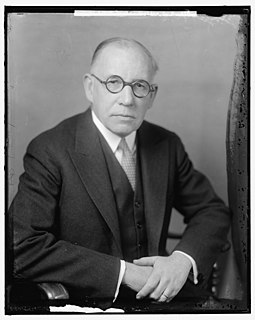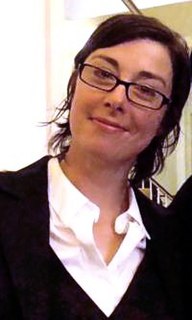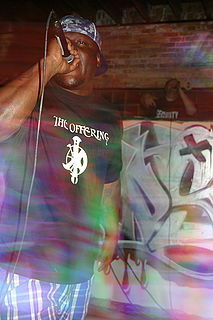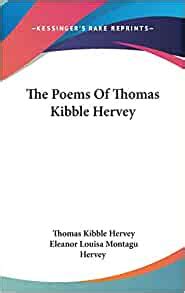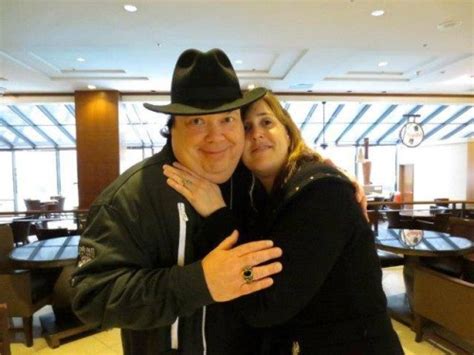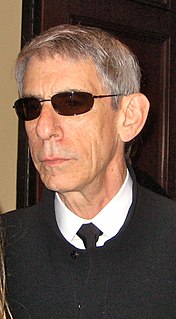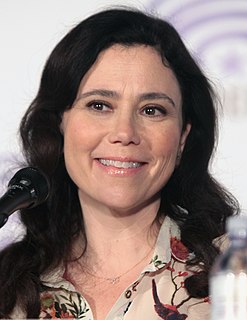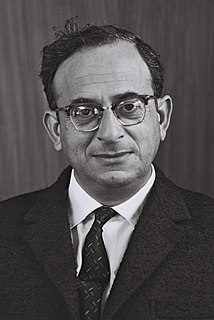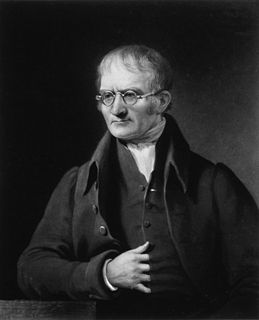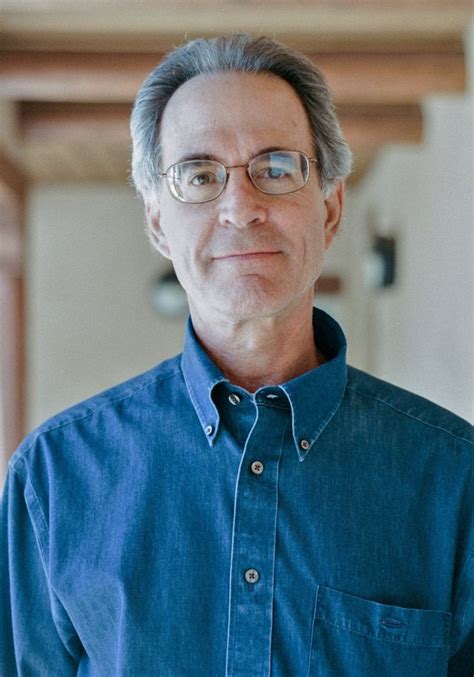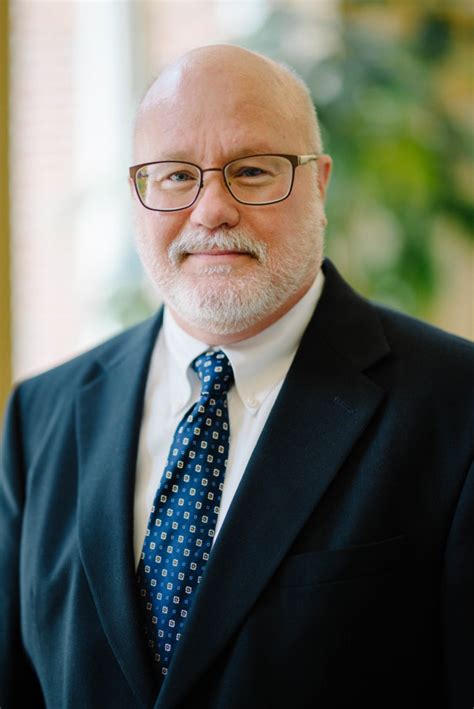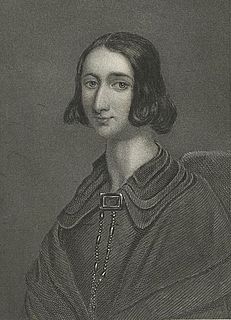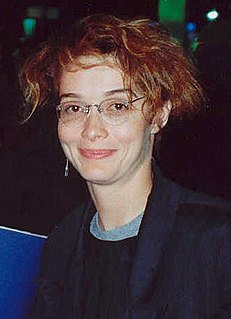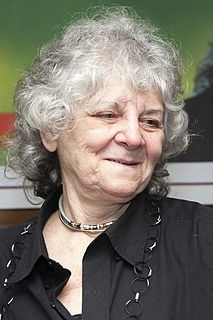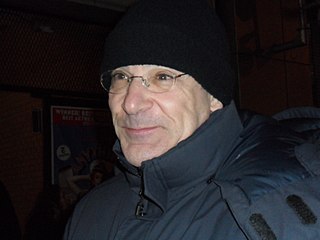Top 248 Hebrew Quotes & Sayings - Page 3
Explore popular Hebrew quotes.
Last updated on December 18, 2024.
While the business of education in Europe consists in lectures upon the ruins of Palmyra and the antiquities of Herculaneum , or in disputes about Hebrew points, Greek particles, or the accent and quantity of the Roman language, the youth of America will be employed in acquiring those branches of knowledge which increase the conveniences of life.
There is a very beautiful expression in the Hebrew language that's borrowed from spoken Torah... 'All is predicted, and permission is given at any point to change anything.' I think I live by this idiom in the sense that there is always a goal; there is always something to look forward to in life and my creative search, and that goal is there.
Most of what the founders knew about the Hebraic republic, it must be emphasized, they learned from the Bible. These Americans were well aware that ideas like republicanism found expression in traditions apart from the Hebrew experience, and, indeed, they studied these traditions both ancient and modern.
I was bar mitzvahed, which was hard. I feel it was the hardest thing I ever had to do; harder than making a movie. It was a lot of studying, you know. I wasn't a perfect Hebrew reader, and also, they say when you're reading your Torah portion, you're not supposed to memorize it. It turned out very tricky.
